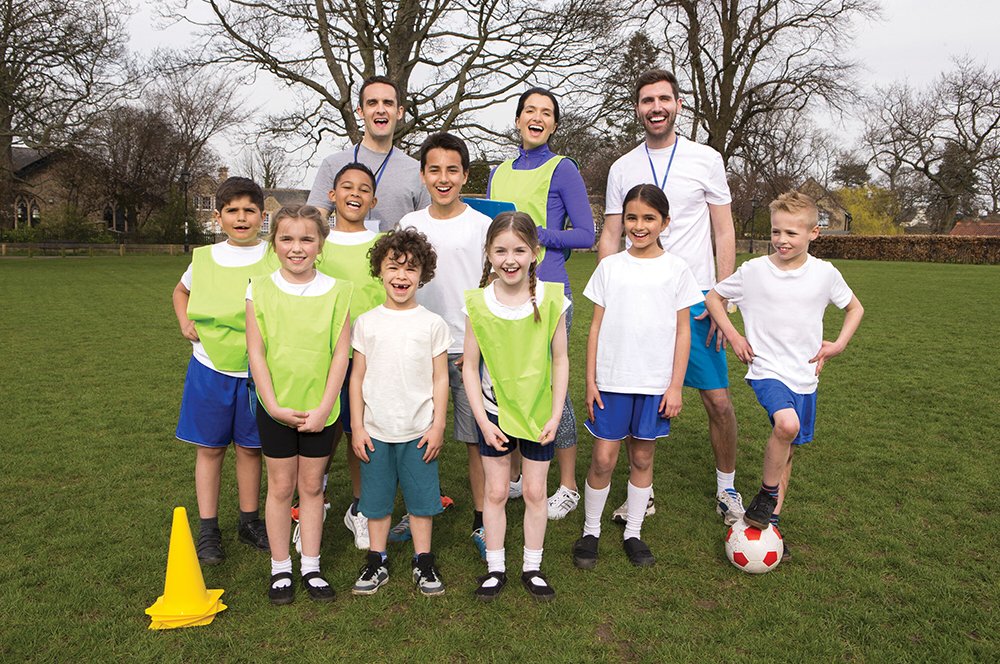Duty Of Care
Put policies in place to protect participants
By John Engh
As spring sports begin, it’s important to examine the policies and processes in recruiting and signing up volunteers. The National Alliance for Youth Sports’ professional-administrator training course advocates “building a shield” to protect organizations from allegations, and participants from harm. It’s a harsh reality, but these are some of the most important decisions administrators make to ensure the safety of the children, while at the same time protecting themselves.
© Can Stock Photo / DGLimages
For some reason, when many people read about an abuse allegation, the first thought is, “I wonder if that person had a background check.” I can say that, from the many court documents I have reviewed, a background check is rarely a factor. A proper check is an important part of an overall screening process, but it is hardly the complete process. Proper screening involves an interview, an application review, and probably the most important aspect—continual review. After all, what is one of the most common statements made after someone has been caught committing a crime? “He (or she) seemed like such a nice, normal person.” Combine that with the likelihood of a person with a criminal record actually signing up as a youth-sports volunteer, and you can understand how difficult it is to find a predator.
Be On Alert
Every time I read about one of these cases, I think back to my own experience at 12 years of age. I had just moved to Florida and didn’t know anyone. My parents signed me up for baseball. An assistant coach did not have a son on the team but loved coaching baseball. I am fairly sure I was the perfect target for him. I had six brothers and sisters, so my parents were always busy taking somebody somewhere. The coach started by offering me and a couple of other team members a ride home from practice. Then he started picking only me up for practice. He sat in the car and talked baseball, and I never suspected a thing. But looking back on it, I was obviously being groomed during those first couple weeks of the season. Luckily, one of the other coaches noticed all of the attention I was getting, and that something didn’t seem right. He alerted my dad. While my dad and I never spoke of it, that coach never showed up again at a practice or game. As an adult now, I realize I was very lucky. When I read depositions from sexual-abuse cases, the victims’ statements almost always start just like my own story.
So, is background screening important? Yes, because it acts as a real deterrent for a convicted sexual predator to sign up as a volunteer. It also shows an administrator has done due diligence by looking into a volunteer’s history. Having policies in place, like never allowing a non-related volunteer to transport or be alone with players, can be more effective. And allowing parents to evaluate and openly communicate to administrators about volunteers who are interacting with their children is very important. Administrators can’t be everywhere at once, so having many eyes at practices and games can be really effective.
At last year’s Youth Sports Congress in San Antonio, we were lucky to have two presenters from Michigan State University. The lessons they learned from the USA Gymnastics sexual-abuse scandal led us to partner with them and to update our own training, which will be available for free in the coming months.
The presenters pointed out that it takes a team effort to protect young athletes. We all play important roles.
John Engh is executive director of the National Alliance for Youth Sports (NAYS) in West Palm Beach, Fla. He can be reached via email at jengh@nays.org. To join more than 3,000 communities by starting a NAYS Member Organization, visit www.nays.org, email nays@nays.org or call (800) 729-2057.

